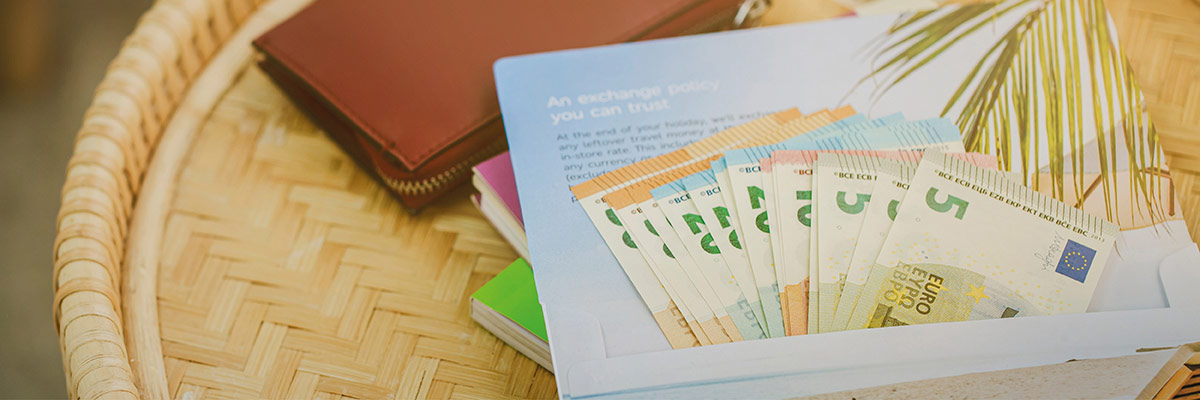
How to budget for travelling?
Cost of long term travel
Travelling can be an exciting experience, but it can be an expensive one too. For long-term travel, it’s important to have a solid budget in place to ensure you can comfortably enjoy your trip without financial stress.
To effectively budget your trip, you must consider your destinations, your travel duration, and your personal preferences. For example, if you want luxuries such as restaurant meals and boutique hotels, you must accommodate them in your budget.
Where do you want to travel to?
When budgeting for travelling, you should consider where you want to go. Some countries are more expensive than others, so it’s essential to research the cost of living in your destination so you can budget accordingly.
Some destinations may not accept card payments when purchasing food or booking accommodation. In these cases, you should purchase travel money in the relevant currency to ensure you always have a method of payment. Travel insurance may cover you if your money is lost or stolen.
What is the cost to travel the world?
There is no concrete cost to travel the world. It’s very possible to travel on a shoestring budget of £8,000 per year, though this cost can rise to over £20,000 depending on the countries you visit and the level of luxury you want.
When you decide on your destinations and length of stay, you can use a budget travel calculator to determine the cost of your travels and look at our holiday planning tips to cut costs.
What expenses to consider when budgeting for a long-term trip
In order to budget your trip, you must consider various expenses that will factor into your overall costs.
Transport and accommodation will take up a large part of your budget, so consider how you intend to travel between countries and cities and the most cost-effective places to stay on your journey.
Factor food and drink into your budget. While regularly eating out may free up some time for extra activities, it is also more expensive than cooking for yourself.
Another expense you should consider is purchasing travel insurance. Whether exploring a single country or travelling the world, travel insurance can cover you should you have an accident or if something goes wrong on your trip.
No matter where you’re going or how long you’re travelling for, you should also have enough money to return home. So set aside a reasonable amount of money as a contingency plan, so you can always get home safely.
How to create a daily travel budget?
Creating a daily budget can help you keep track of your expenses as you travel and prevent you from overspending.
To budget your trip, consider the money available and factor out significant expenses such as airfare, travel insurance, contingency money and bills. Then, divide the remaining budget by how many days you’ll be travelling, giving you with a rough estimate of your daily expenses.
However, budgeting for travelling also allows some flexibility. For example, if you overspend on one day, you can always cut back on expenses the next to balance your budget.
What if you do not budget properly?
Not budgeting your trip correctly or losing track of your daily expenses can result in you running out of money mid-trip or having to return home early. To avoid this, be realistic when creating your budget and always factor in contingency money so you can get home safely if the unexpected happens.
Published July 2023